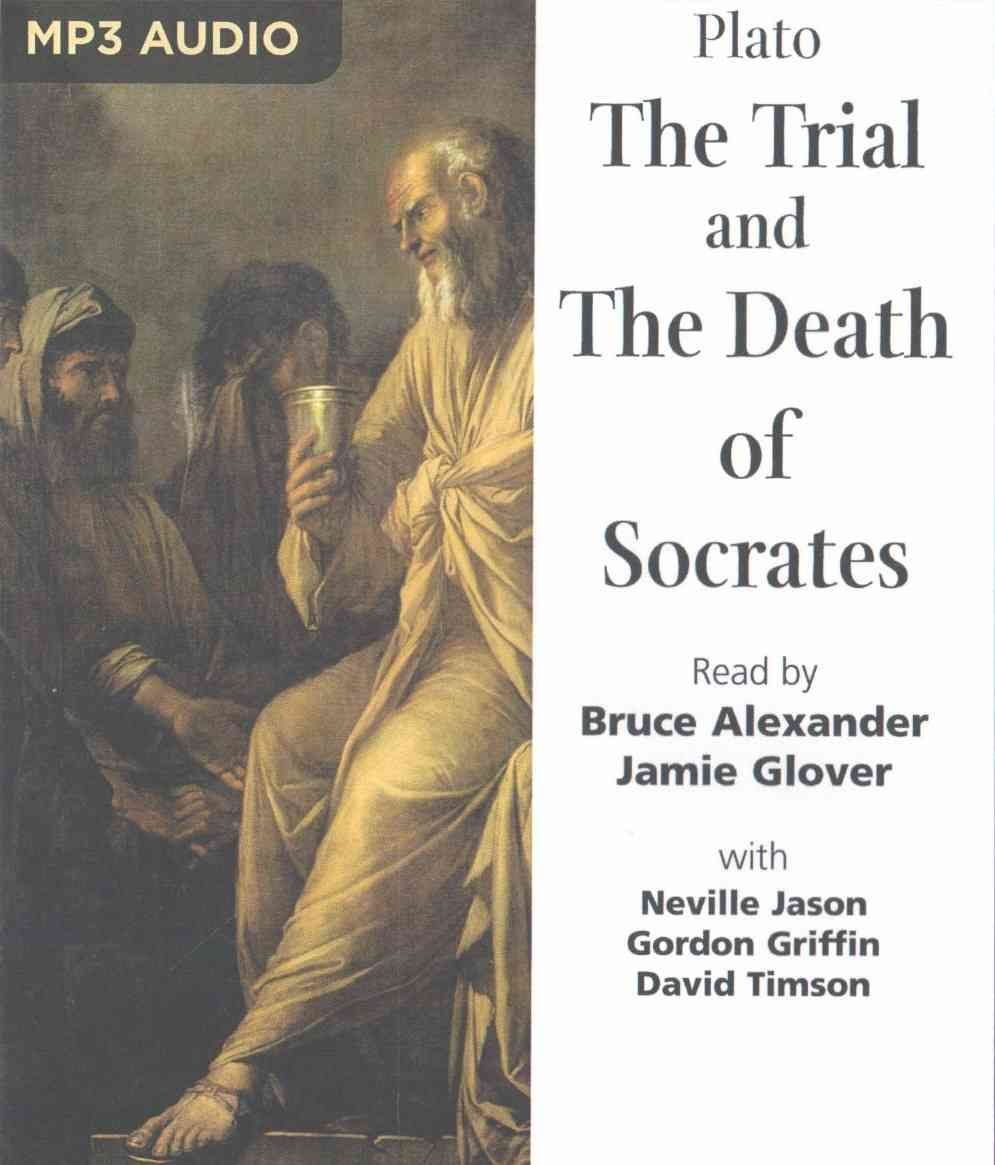

The young men also emulate Socrates, interrogating older elites themselves. They find great joy and entertainment in watching Socrates utilize his trademark method of interlocution and interrogation to expose prominent older men’s ignorance. In response to the charge of corrupting the youth, Socrates points out that young, wealthy men of Athens follow him around of their volition. Socrates routinely explains to these individuals their own ignorance, making him extremely unpopular among the Athenian elite and therefore subject to the accusations brought before the court. Socrates says, “o I am likely to be wiser than he to this small extent, that I do not think I know what I do not know” (26). He concludes that while he knows no more or less than these men, he is wiser because, unlike them, he has no illusions about his own lack of wisdom. To refute the oracle, Socrates calls upon numerous men of wealth and status who are considered wise in Athenian society.

Pythia replied no, confounding Socrates, who believes he is not very wise at all.

Elaborating on this, he explains that his old friend Chaerephon once asked Pythia, the oracle of Delphi, if any man is wiser than Socrates. Socrates attributes his negative reputation to “a certain kind of wisdom” (25). Socrates claims that these accusations are far more injurious than the ones before the court because they long ago poisoned the jurors’ minds against him. Before addressing these accusers, Socrates acknowledges that he has long faced similar charges in the court of public opinion, thanks to works published years earlier by the playwright Aristophanes that branded Socrates as dangerous, impious, and corrupt. His formal accusers are Anytus, Meletus, and Lycon, three prominent Athenians of the type Socrates frequently skewers in public. The second charge is for corrupting the youth of Athens, who regularly follow Socrates around as he confronts men of wealth and status with their ignorance. The first charge is for asebeia, or impiety, stemming from accusations that Socrates introduced new gods and rejected the old. In the first part, 71-year-old Socrates addresses and defends himself against the two charges brought before the 500-person jury. This study guide refers to the 2002 edition of Plato’s Five Dialogues published by Hackett Publishing.Īpology is divided into three parts.


 0 kommentar(er)
0 kommentar(er)
